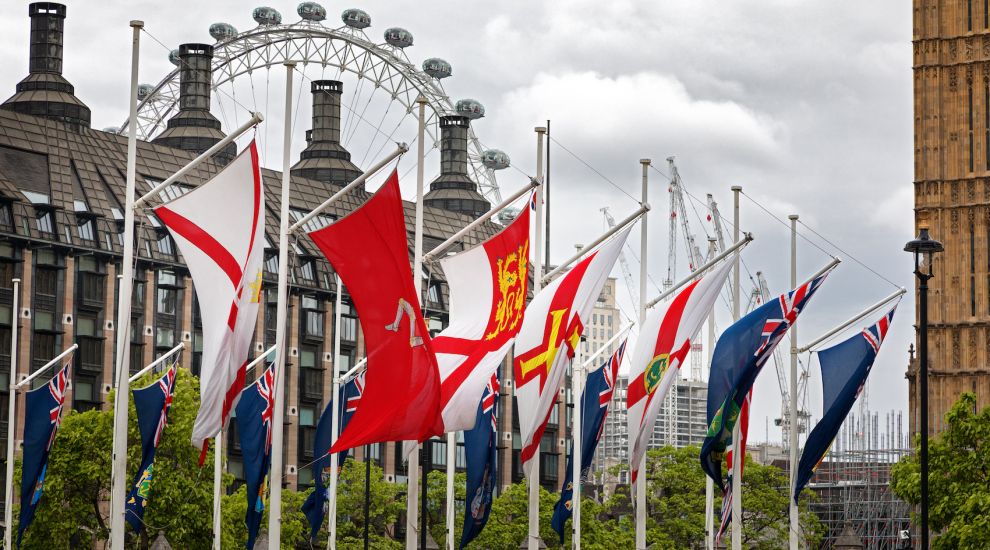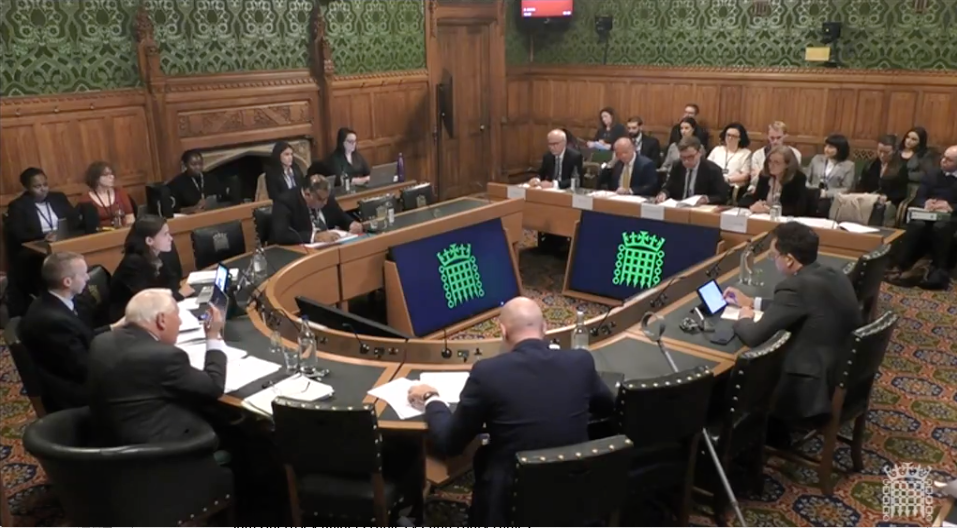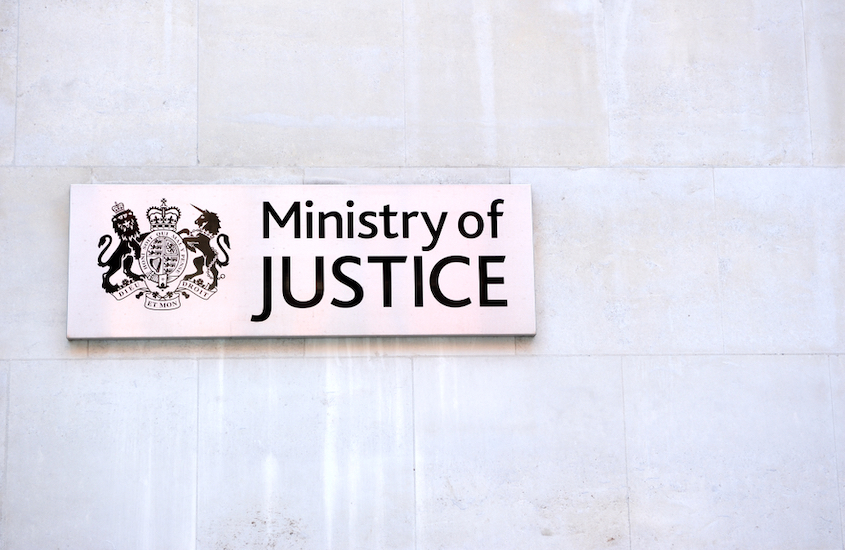


Jersey, Guernsey and the Isle of Man should be represented by designated officials during the UK’s international trade negotiations to help ensure better outcomes, the Justice Committee has argued.
It follows serious concerns from all three islands about the Department for Business and Trade’s approach to major trade negotiations since Brexit and the feeling that opportunities have been lost.
“Representation of the interests of the Crown Dependencies in international relations is not optional, according to whether or not their interests are in line with those of the UK: it is the UK Government’s duty,” said the Chair of the Justice Committee, Sir Bob Neill.
“In cases of conflict, the Ministry of Justice must endeavour to find a mechanism for representation which will faithfully present and serve the interests of both parties.
"Having the Crown Dependencies represented during negotiations by specifically designated officials, would go some way towards addressing this issue.”

Pictured: One of the hearings held by the Justice Select Committee as part if work on its latest report. (ParliamentTV)
The officials could come either from the UK Government or the Crown Dependencies, the Committee has said.
In a report entitled ‘The Constitutional Relationship with the Crown Dependencies’, the cross-party committee of MPs cited “concerns” over the Crown Dependencies’ experiences of the Comprehensive and Progressive Agreement for Trans-Pacific Partnership (CPTPP) negotiations.
“They told us there were ‘challenges in real-time communication throughout’, engagement had ‘fallen short of our expectations’ and issues that arose ‘could have been ameliorated by more effective consultation / communication’," the report says.
“The outcome of the negotiations—inclusion in the CPTPP for trade in goods from the outset, but not for services—was not the one that the Crown Dependencies, whose economies are service industry based, had hoped for.”
The CPTPP negotiation process, the report concluded, “provides lessons for how the Crown Dependencies could be more effectively involved in negotiations in the future”.
It added: “The UK Government’s aim for all future trade agreements should be for the Crown Dependencies to be covered by services, as well as goods chapters, from the outset. Where this does not prove possible, extension mechanisms should routinely be sought.”
WATCH: What are Select Committees?
The report recommended that for future trade agreement negotiations the Crown Dependencies, Ministry of Justice and Department for Business and Trade should work together to identify a set of principles to guide effective engagement during the negotiation process.
They should include early and comprehensive engagement from the outset to conclusion; early sight of relevant documents; real time updates; and reasonable timeframes for provision of responses and information.
During particularly time-pressured periods, the Committee report recommended that there should be officials in the room acting as a conduit for information to and from the Crown Dependencies in real time.
The report also criticised the UK Government’s inclusion of a Permissive Extent Clause in the Fisheries Bill, describing it as “extremely regrettable and contrary to the constitutional relationship”.
Pictured: Guernsey's fishing fleet in St Peter Port harbour.
The clause, which allows UK legislation to be extended to cover the Crown Dependencies, was included in the bill in 2020 even after Jersey and Guernsey had declined.
It added: “We do not agree with the Government's assertion that it was a “legitimate act” and “soundly within the constitutional relationship” but rather consider it to have been a serious interference in long-established constitutional principles for short-term political reasons.
"We expect that the usual approach—mandated in the Ministry of Justice’s own guidance—of consultation and consent with regards to all future PECs will now prevail.”
The report also noted the concerns raised in the evidence about the extent of the Home Office’s consultation with Guernsey on the Illegal Migration Bill, now enacted.
It called on the Ministry of Justice’s Crown Dependency team to initiate a dialogue as soon as possible between the relevant officials in the Home Office and the States so that concerns can be discussed and addressed for the future.

Pictured: The Ministry of Justice is at the heart of the UK government's justice system.
“We wish to emphasise that the UK's taking on of responsibility for its own international trade policy affords a real and very significant opportunity to make the most of the economic relationship with the Crown Dependencies,” said Sir Bob.
“They are valuable members of the British family and their important cultural and economic contributions deserve greater recognition.
“We recommend that the Department for Business and Trade formally assesses their contribution to the UK’s offer in trade negotiations and how their economic role can be better and more strategically promoted to potential trading partners, including the possibility of including them in the strategic approaches to free trade agreements that it publishes.”
The Crown Dependencies are the Bailiwick of Jersey, the Bailiwick of Guernsey and the Isle of Man.
The UK Government now has a chance to set out its response to the Select Committee’s recommendations.
Pictured top: Crown Dependency flags fly outside the Houses of Parliament.
Comments
Comments on this story express the views of the commentator only, not Bailiwick Publishing. We are unable to guarantee the accuracy of any of those comments.